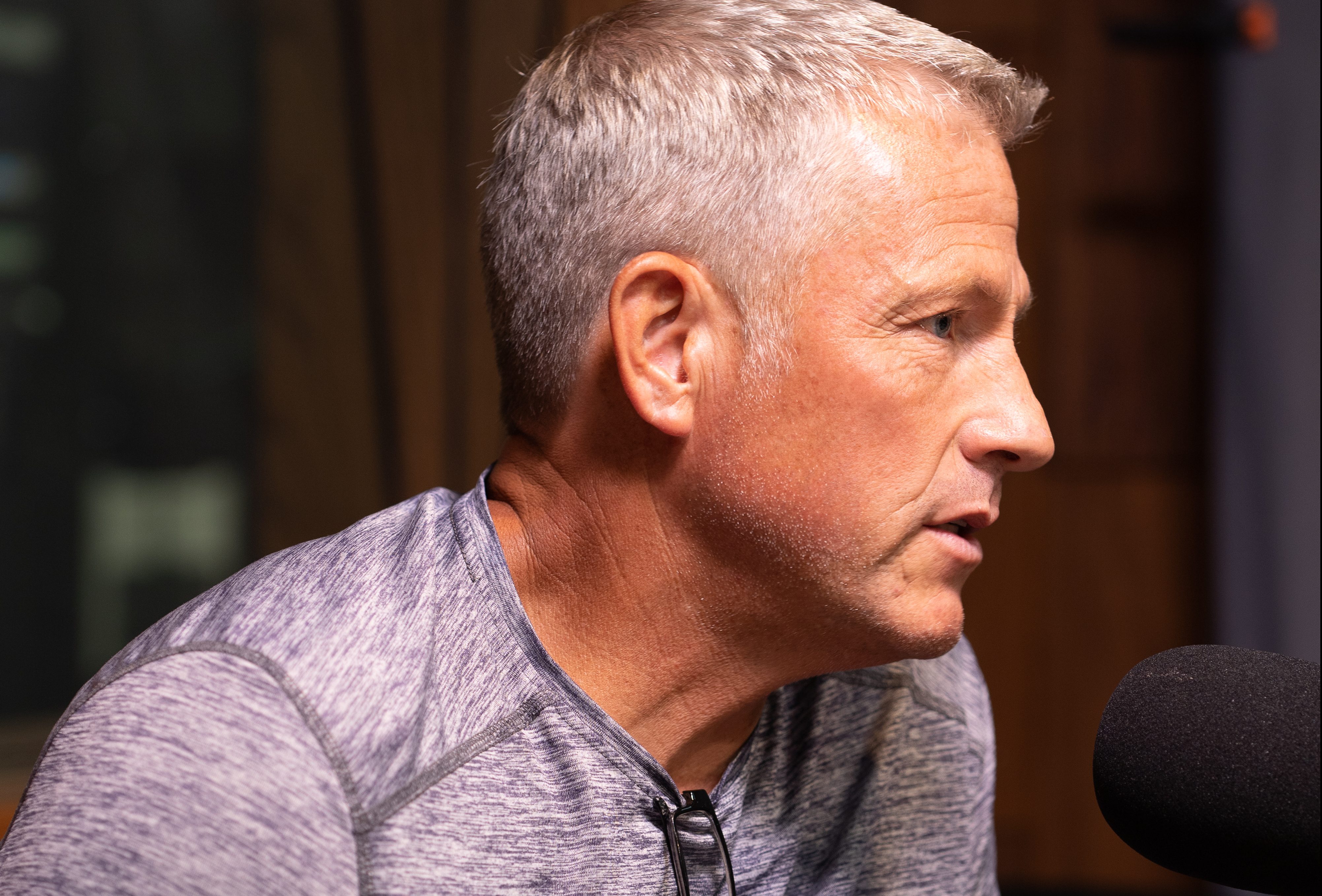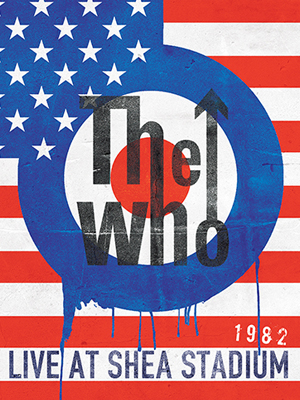Utah dentist opens up about his struggles with opioid abuse
By jtilton on August 28, 2020

More than 10 Utahns die every week from an opioid-related overdose according to Use Only as Directed. For one Utah dentist, those dangers hit very close to home after he struggled with opioid abuse for years.
Dr. Rod Gardner, DDS joined the Project Recovery podcast to talk about his journey from addiction to sobriety.
Anxiety at a young age
Dr. Gardner always knew from a young age that he was different. He never truly felt comfortable in social situations and constantly wondered why he was different.
“I just always was a little bit shy when it came to meeting new people,” Dr. Gardner said.
His social anxiety became so bad that it would even affect his grades throughout his first years of college.
“I can remember times at Utah State [University] … we had to give a presentation in front of the class as part of our grade and I just bagged it. Just took a zero on that part of the grade,” Dr. Gardner explained.
Unfortunately, Dr. Gardner never thought to talk to someone about it though. In his mind, he was completely alone and began to bottle his thoughts and emotions inside himself.
A sense of calm
Dr. Gardner’s anxiety would weigh on him on a daily basis until he experimented with alcohol and prescription pills for the first time in high school.
He still remembers the feeling of euphoria he experienced when he tried them.
“It felt like all of the noise just went away and I could just be me and in the moment,” he described. “I felt like this is how everybody else feels all the time so now I’ve found what I need to just feel like everybody else.”
In the back of his mind, Dr. Gardner found that alcohol could help fight off his inner demons.
Just like his anxiety, he bottled those thoughts inside and continued to live his life instead of talking about his thoughts and feelings.
Struggling to cope with stress
Dr. Gardner eventually graduated from USU and committed to dental school in Richmond, Virginia. While there, he met his wife and they even had a child. He also never drank during this time.
“It never crossed my mind to drink or take a pill. I was just focused on getting my dental degree and getting back [to Utah] and getting to work and raising a family,” he described.
On the outside looking in, his life was perfect. He was building a family and was setting them up for success by pursuing his passion of becoming a dentist. But he was also still stressed. He even had his first panic attack a few years into dental school.
“I was down at the school one day and I had a panic attack. I couldn’t figure out where it was coming from,” Dr. Gardner explained. “I freaked out and didn’t know how to handle it.”
His stress began to be too much so he went to see a doctor. They both decided that Xanax, a prescription medicine used to treat anxiety and panic disorders, would prove to be beneficial to fight off his anxiety.
And even though he had been prescribed Xanax by his doctor, Dr. Gardner quickly began to abuse it for other reasons.
“I continued to use that Xanax for the anxiety but more so, it was in the evenings to kind of wind down,” Dr. Gardner described. “I might have been starting my whole process [of addiction] right then by using a substance to wind down instead of healthy things.”
The beginnings of opioid abuse
Dr. Gardner was able to manage his anxiety with the help of Xanax and ultimately graduated from dental school. His family even decided to move back to Utah to begin a dental practice and to raise their family.
But one day while working in the garden, Dr. Gardner hurt his wrist. Not enough to require a pain killer according to Dr. Gardner, but in his mind, he needed it to calm his mind again.
So he did the one thing a doctor should never do — he began to prescribe his own personal medication.
“I called the pharmacist and got myself some Lortab,” he said. “That feeling that I experienced 10 years prior in high school just came right back and I knew I just stepped across the line I shouldn’t have stepped across.”
His original goal was to just take them on the weekends or in the evenings with friends and families. In his eyes, opioid abuse was a way to ease the mental struggles he was dealing with. It was a way to make life a little easier to deal with in certain situations.
“It wasn’t very long [until] I was needing them to get up in the morning. I’d have to have a bottle right there in my nightstand. Before I even rolled out of the bed I had to put a few in my mouth just to get rid of that physical withdrawal,” he said.
Opioid abuse overcoming Dr. Gardner
His opioid abuse no longer became just about being fun and easing his anxiety for Dr. Gardner — they became his addiction.
“I remember one weekend where I had 180 pills because I had hit up three of these people that were getting them for me. I had 180 pills of this Vicoprofin and I took all of those in one weekend,” he said.
His opioid abuse began to plague him as soon as he woke up and started his day.
“I had to prep my day. I had to get up, get the kids to school, and then get to work and start figuring out how I’m going to refill today,” he admitted. “No longer was it fun.”
Dr. Gardner began to chase that feeling but it never came without consequences. Not only was he illegally writing prescriptions for himself but his insides were starting to suffer from all of the drug use.
“My insides were starting to hurt and what I found out later was [that] my liver was starting to fail because of all of the Tylenol,” he said. “But the only way to get rid of the pain was to take more pills.”
Dr. Gardner’s actions catch up to him
Several years into his practice his opioid abuse reached an all-time high. Dr. Gardner was using up to fifty pills a day until things quickly caught up to him.
He was ultimately arrested for prescription fraud and was charged with seven felonies for prescription fraud.
Dr. Gardner would spend the next thirteen months in prison. He was even in a 23-hour lockdown for two months.
“You ate in your cell. You get to come out for one hour to take a shower. If somebody did something wrong in the tier, you didn’t get a break. You could be in your cell for three, four, five days at a time,” he described.
His anxiety was at an all-time high and it was the most horrible experience of his life.
How prayer helped Dr. Gardner overcome his opioid abuse
The only thing that was able to get him through prison was prayer according to Dr. Gardner.
“Prayer and meditation is what saved me and continues to guide me today,” he said.
Dr. Gardner was able to finish his time in prison and overcome his addiction with the help of the twelve-step program. He has now been sober for seventeen years and is currently runs his own dental practice in Tremonton, Utah.
“I think it’s when I started to realize [that] I could have a big influence on other people simply by sharing this peace that I was finding inside of me,” he explained.
Listen to the podcast to learn more about Dr. Gardner’s journey of overcoming opioid abuse
For more information on addiction or if you or someone you know is struggling, you can find more information on Facebook, KSL TV, or from Use Only as Directed. To hear more from Casey Scott and Dr. Matt Woolley, you can listen below or subscribe to the ‘Project Recovery’ podcast on Apple Podcasts or wherever you get major podcasts.








